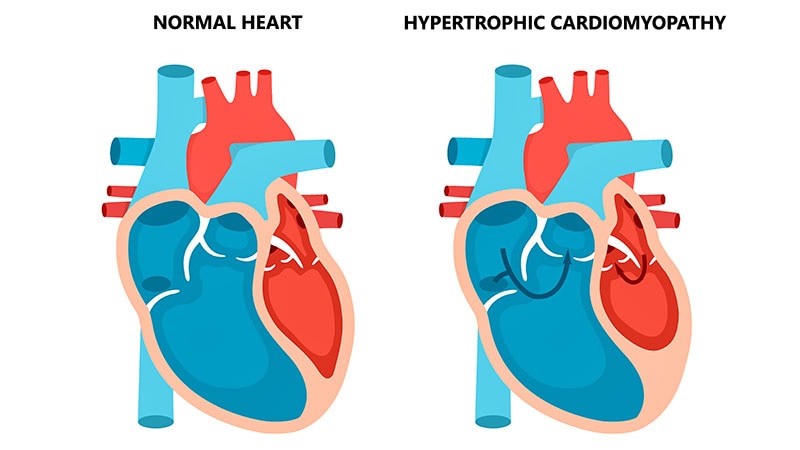Takeaway
- In patients with hyperlipidaemia and atherosclerotic cardiovascular disease (ASCVD), alirocumab and evolocumab were associated with a lower risk for myocardial infarction (MI), stroke and coronary revascularisation with favourable safety profile.
Why this matters
- Findings support the use of proprotein convertase subtilisin-kexin type 9 (PCSK9) inhibitors in clinical practice to reduce the residual ASCVD risk or low-density lipoprotein-cholesterol (LDL-C) level in patients who cannot tolerate statin therapy.
Study design
- 39 randomised controlled trials (RCTs; n=66,478) that compared the effects of PCSK9 inhibitors (14,639, alirocumab; 21,257, evolocumab) vs control group (n=30,582) in patients with hyperlipidaemia and ASCVD were identified.
- Funding: None disclosed.
Key results
- PCSK9 inhibitors vs control group were associated with a lower risk for:
- MI (risk ratio [RR], 0.80; 95% CI, 0.74-0.86; P<.0001),
- ischaemic stroke (RR, 0.78; 95% CI, 0.67-0.89; P=.0005) and
- coronary revascularisation (RR, 0.83; 95% CI, 0.78-0.89; P<.0001).
- PCSK9 inhibitors vs control group did not differ in the risk for all-cause (P=.15) and cardiovascular (P=.34) mortality.
- Compared with the control group, PCSK9 inhibitors were not associated with an increased risk for:
- neurocognitive adverse events (P=.91),
- liver enzymes elevations (P=.34),
- allergic reactions (P=.29),
- haemorrhagic stroke (P=.68),
- rhabdomyolysis (P=.58) and
- new-onset diabetes mellitus (P=.97).
Limitations
- Time-to-event analyses not performed to evaluate the efficacy and safety of PCSK9 inhibition across different levels of baseline patient risk.
References
References



